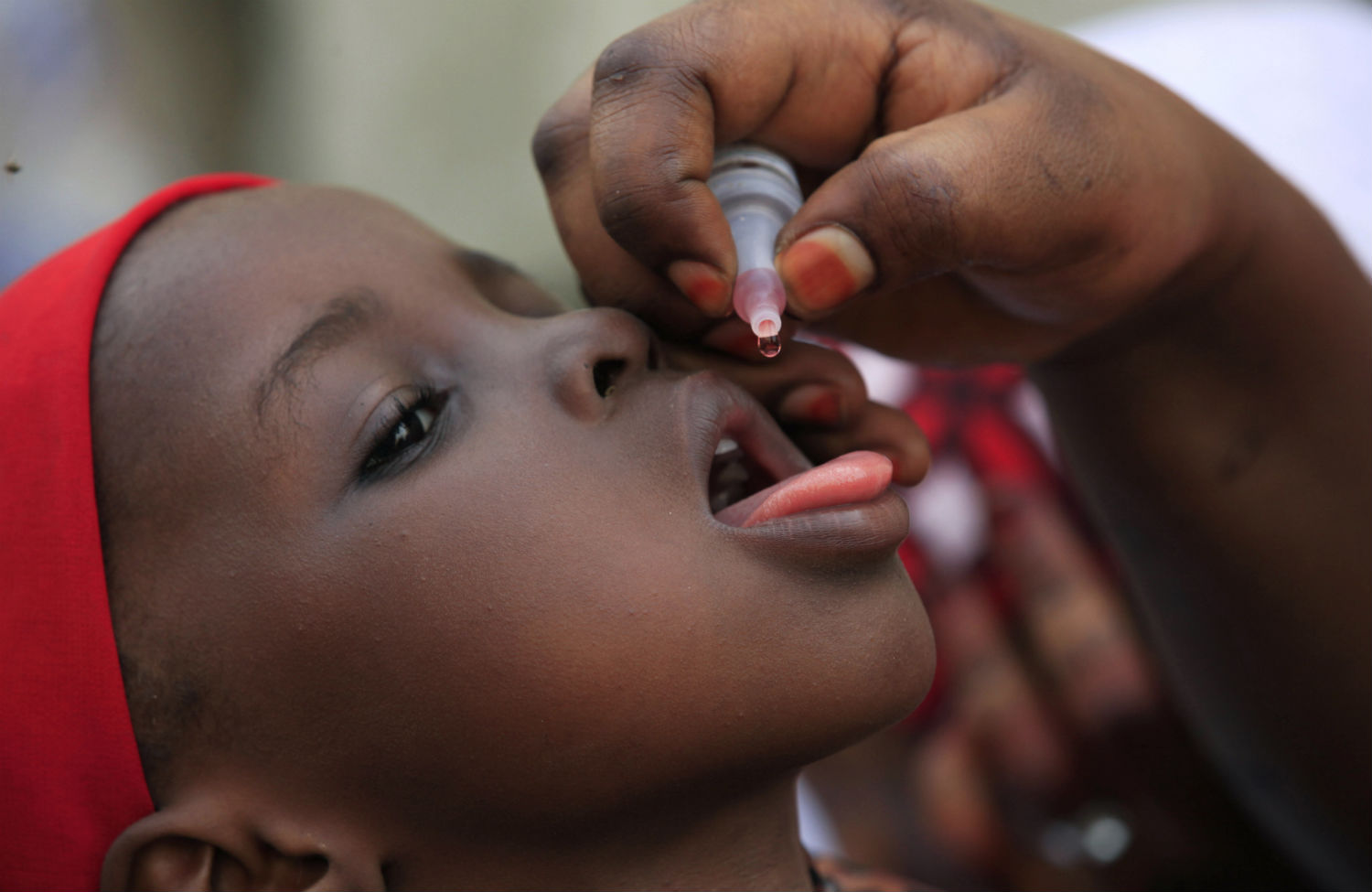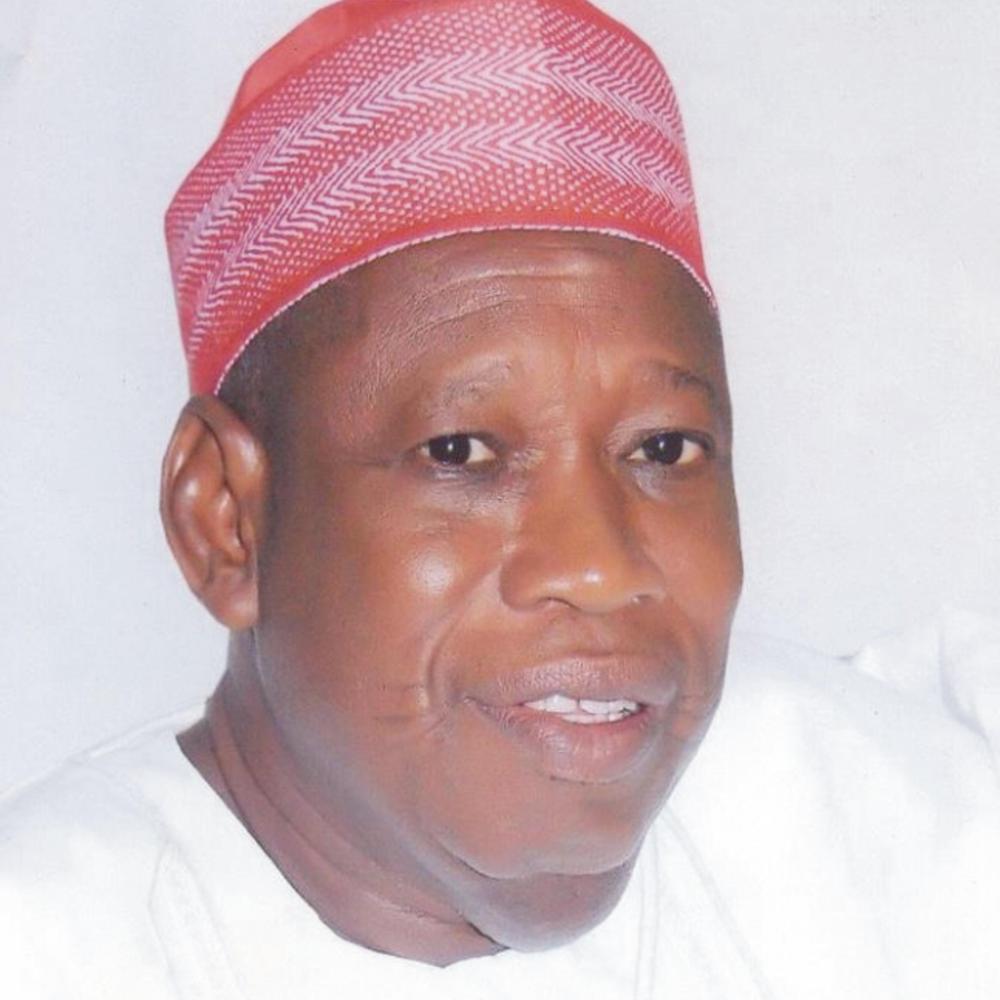Civil Society Legislative Advocacy Centre (CISLAC)
in collaboration with Partnership for Advocacy in Child and Family Health (PACFaH) held a 2-day Budget Tracking Training for Media
Champions in Child and Family Health. The training held at Kini Country Hotel,
Akwanga Nasarawa state on 22nd and 23rd
August, 2016 was attended by 12 media champions working
in child and family health. The session aimed to bring reputable media champions advocating for, and demanding accountability in
child and family health across focal states, under one roof for a training on
prioritizing and amplifying child and family health issues—Nutrition, Routine
Immunisation, Family Planning and management of childhood killer diseases, in
the forefront of the media coverage and reportage. After
exhaustive deliberations on various thematic issues, we the participants:
Recognise Media remains an essential tool to amplify issues in child and
family health in effective, acceptable and credible manners.
Also recognise the linkage and integration among child and family health issues
such as Nutrition, Routine Immunisation, Family Planning and Treatment of childhood
killer diseases.
Express concern over less priority accords child and family health in the
country; and will access accurate, authoritative and reliable sources to inform
our advocacy to the relevant stakeholders to promote child and family health at
all levels.
Also express worry over lack of political will to fulfilling various commitments to
child and family health such as adequate and sustainable funding for routine
immunisation which remains paramount to ensure appropriate vaccination, reduce
rising deaths of children under-5 and avert resurgence of polio virus;
effective implementation of National Strategic Plan of Action on Nutrition
(NSPAN) to prevent high burden of malnutrition at all levels; adoption and
effective implementation of: National Blue Print on Family Planning to avert
preventable maternal deaths; and recommended guidelines (such as Amoxicillin
Dispersible Tablets and Zinc/Lo-ORS) as first line treatment of pneumonia and
diarrhoea by the United Nations Commission on Life-Saving Commodities (UNCoLSC)
to prevent the death of children under-5
Note that immediate shortage of funding and inadequate budgetary provision
for vaccine procurement has dampened efforts at interrupting polio virus
transmission in Nigeria; poor political and leadership commitment to ensuring
adequate accessibility to Contraceptive Commodities results in wastages of
procured commodities and maternal deaths.
Also note Prompt implementation of the National Health Act 2014 is
imperative to achieve adequate, affordable, reliable, accessible healthcare
system at all levels.
Further note that accurate and effective reportage through appropriate
fact-findings, reliable sources and certified authority are primarily to
effectively advocate for adequate child and family health in the country.
Affirm that administrative bottlenecks and rigorous protocols are
inherent challenges confronting timely release and judicious utilisation of
allocated funds to the health care services.
Commit to build synergy and formidable force to constructively demand
accountability in child and family health through information sharing,
investigative journalism, evidence based and lobby-free advocacy at all levels.
Also commit to adopt policy and grassroots
re-orientation advocacy reporting child and family health issues through
persistent human-angle reporting
Will give desired attention and adopt due diligence tracking, monitoring
and reporting health budgetary allocation, release and utilisation through
creative communication, simplified and analytical approach.
Shall effectively engage investigative journalism to interrogate health budgetary
processes to promote judicious utilisation of funds through the jointly
established platform—Media Champions in Child and Family Health of Nigeria
(MeCCFaHN).
Will support the ongoing lobby-free advocacy by Partnership for Advocacy in
Child and Family Health (PACFaH) in the country





